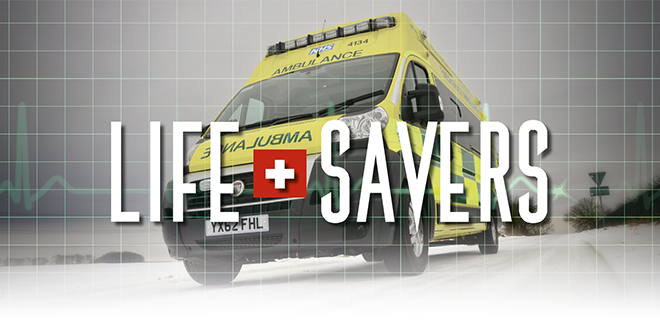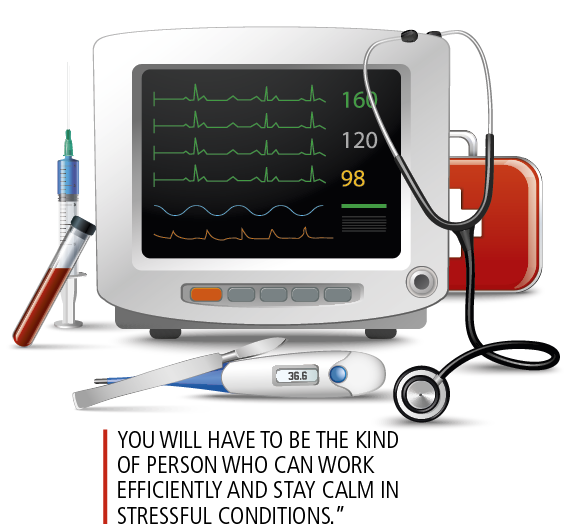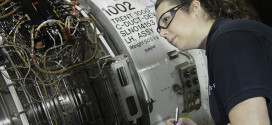
Emergency care careers are vital for the smooth running of hospital Accident and Emergency departments.
There is a wide range of roles in the emergency care sector, whether it’s answering 999 calls, driving an ambulance in an emergency call-out, maintaining vehicles and medical equipment or supporting trained paramedics. Working in emergency care differs from other medical careers as it is all about the patient’s pre-hospital experience, giving immediate medical attention at the scene of an accident or medical emergency.
Options
There are a range of jobs available in the emergency care sector and the qualifications and skills you need varies depending on the role you choose. You can start at entry level with little or no experience and work your way up so if going into higher education is not for you, don’t worry – there are many jobs in this sector which don’t require a degree but you will have to undergo lots of training in whichever job you choose to do. For more info go to: www.flamehealth.com/medicalservices/vacancy.asp
The job
It is really important to consider whether you’re cut out for the kind of job you’ll be doing in emergency care. You’ll have to work quickly and efficiently and remain calm and clear-headed enough to deal with all sorts of stressful situations involving people in pain and distress. You’ll deal with all kinds of injuries or sudden illness and sometimes you’ll be working under difficult circumstances in tricky weather conditions, on a busy motorway or in an enclosed space.
Qualifications and wages
You’ll need three to four GCSEs, grades A to C, including maths, English and science for an emergency care career. You’ll need a full, clean, manual UK driving licence and excellent driving skills. You’ll also need to be fit as the job is physically demanding. Emergency care assistants work a 37.5 hour week on a shift rota and earn around £17,770 a year. Emergency care apprenticeship schemes are available providing training in responding to emergency calls, driving ambulances, using medical equipment and administration.
Training
In the emergency care sector there are training courses which need a higher level of medical training such as PHEM – Pre-Hospital Emergency Medicine. This is a twelve month programme offered at institutes such as The Royal College of Anaesthetists which involves training for handling emergencies in all environments outside of a hospital and transferring patients from one location to another. You will need to do a six month placement in an emergency medicine role and training in specialist clinical skills before you are eligible for this programme.
Emergency care nurse
Another option in this sector is emergency care nurse. This role is important in the hectic environment of an A&E department as the emergency care nurse must prioritise the order in which patients are to be seen (triage) and be able to identify patients with critical conditions who need immediate medical attention. The assistant role also involves supporting the work of emergency physicians by asking screening questions of patients who are able to answer as well as checking patients’ vital signs, running tests, collecting results from laboratories and keeping patients records up-to-date.
Behind the scenes
If a hands-on emergency care career does not appeal to you, there are opportunities away from the hustle and bustle of the A&E department, in the ambulance control room for example. Emergency medical dispatchers handle all 999 calls and are responsible for dispatching ambulances efficiently to those who need them. By communicating with the callers, medical dispatchers must identify the severity of the accident, assess the level of emergency care needed and send paramedics to those in the most critical conditions – ambulances are often diverted to more severe emergency scenes, even if they are already on their way to another accident. This role requires you to be educated to GCSE level and to have excellent communication and interpersonal skills. You will also have to have good typing skills and must be able to type a minimum of 30 words per minute.
Although you won’t be working face-to-face with patients, you will be responsible for the initial care they receive and you will often have to talk to a distressed caller and give on-the-spot, practical advice. Like all workers in the emergency care sector, you will have to be the kind of person who can work efficiently and stay calm in stressful conditions.
If you are considering a career in emergency care, think about whether you’ll be able to deal with the pressure of emergency situations. If it’s right for you, career in emergency care is highly rewarding and will give you the opportunity to play a really important role in saving lives. For more information on emergency care careers, go to our dedicated Health and Social care page.
 Moving On magazine Careers and Qualifications for School Leavers
Moving On magazine Careers and Qualifications for School Leavers





 A New Sparta Group Company
A New Sparta Group Company